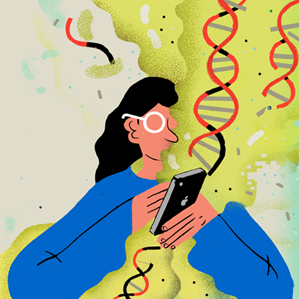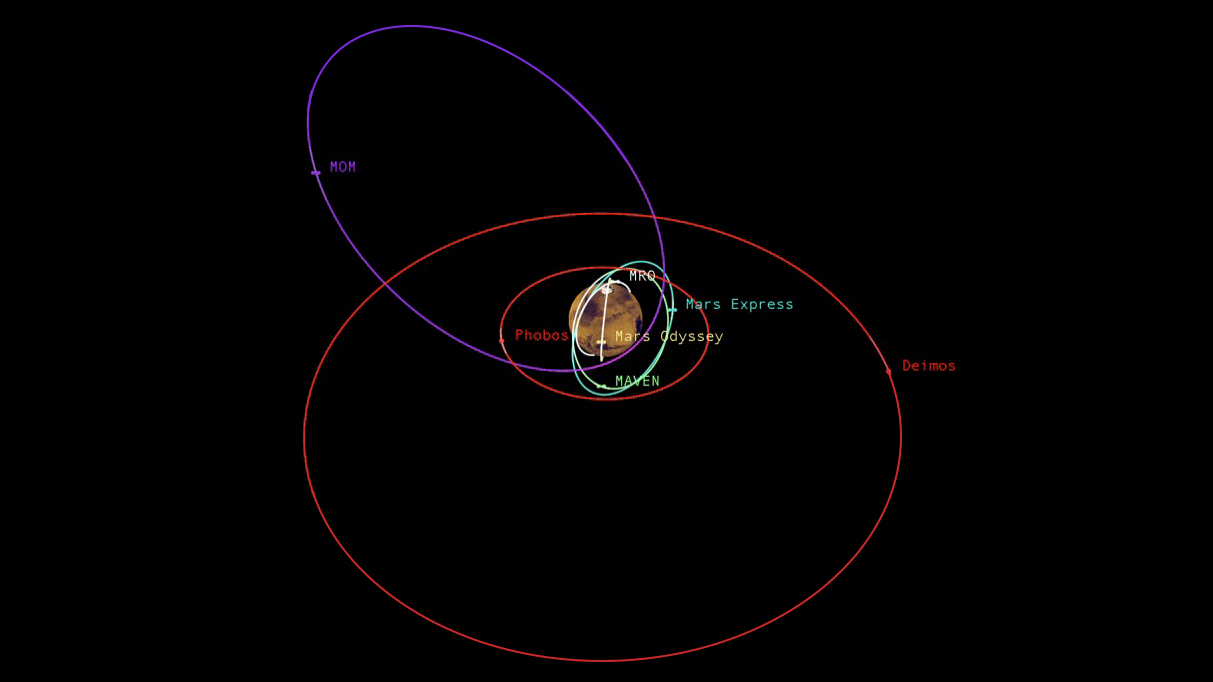Zientzia hedabideetan
-

Read This Before You Freak Out Over Gene-Edited Superbabies
So let’s talk about 21st century trust fund babies with privilege notarized onto their DNA, medical mutants with genetic mistakes that will be passed on for generations, and armies of […]
-

Apple Has Plans for Your DNA
Of all the rumors ever to swirl around the world’s most valuable company, this may be the first that could involve spitting in a plastic cup.
-

Traffic Around Mars Gets Busy
NASA has beefed up a process of traffic monitoring, communication and maneuver planning to ensure that Mars orbiters do not approach each other too closely.
-

This is what happens after you die
Most of us would rather not think about what happens to our bodies after death. But that breakdown gives birth to new life in unexpected ways
-

The fire age
We can melt ice sheets and cook landscapes. When humans made fire, they made themselves and their planet too
-

Fjords soak up a surprising amount of carbon
Although fjords account for about 0.3% of Earth’s surface area, they sequester 18 million tonnes of carbon per year — 11% of the total absorbed by marine sediment, researchers report […]
-

What your smile says about where you’re from
A new study finds that your use of facial expressions, such as smiles, is related to the migratory history of where you’re from.
-

Por qué las mujeres son uno de los pocos mamíferos que tienen menstruación
Gran parte de las hembras de otros animales no sangran como nosotras. Incluso de entre aquellas que dan a luz a crías, solo un puñado de especies menstrúan. Incluso de […]
-

Descubren el secreto del escarabajo bombardero, una bomba con patas
Nuevas técnicas permiten por primera vez la observación directa de lo que ocurre en el abdomen de estos coleópteros cuando se sienten amenazados. Una reacción con explosiones, humo y un […]
